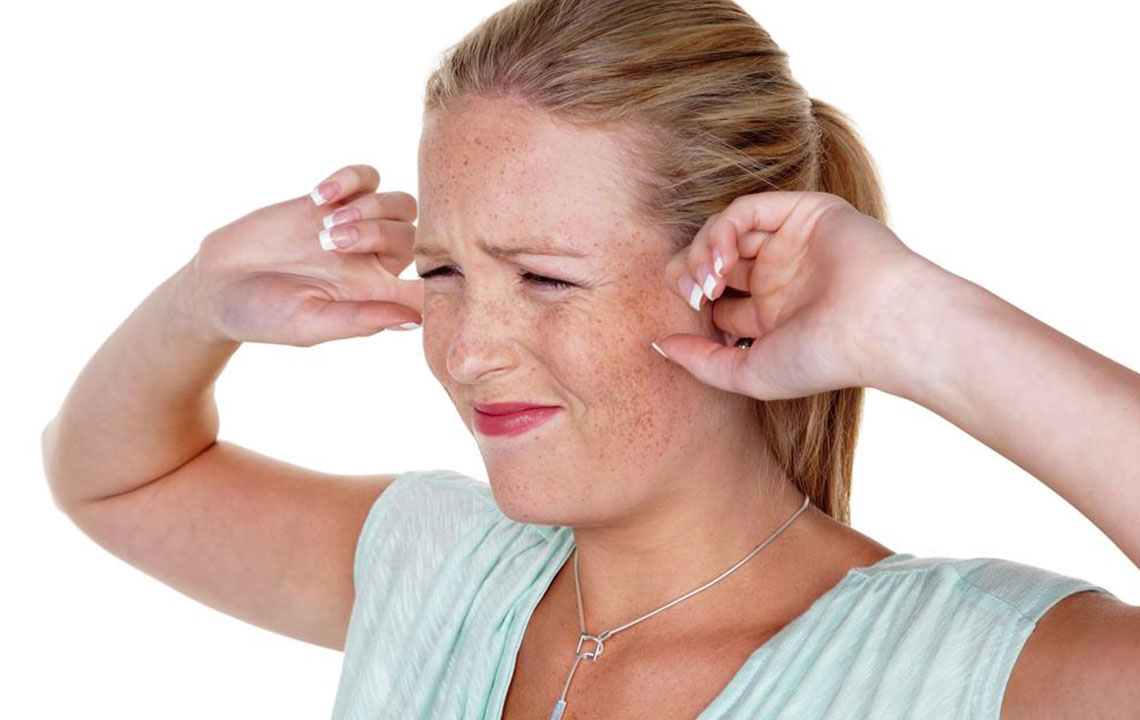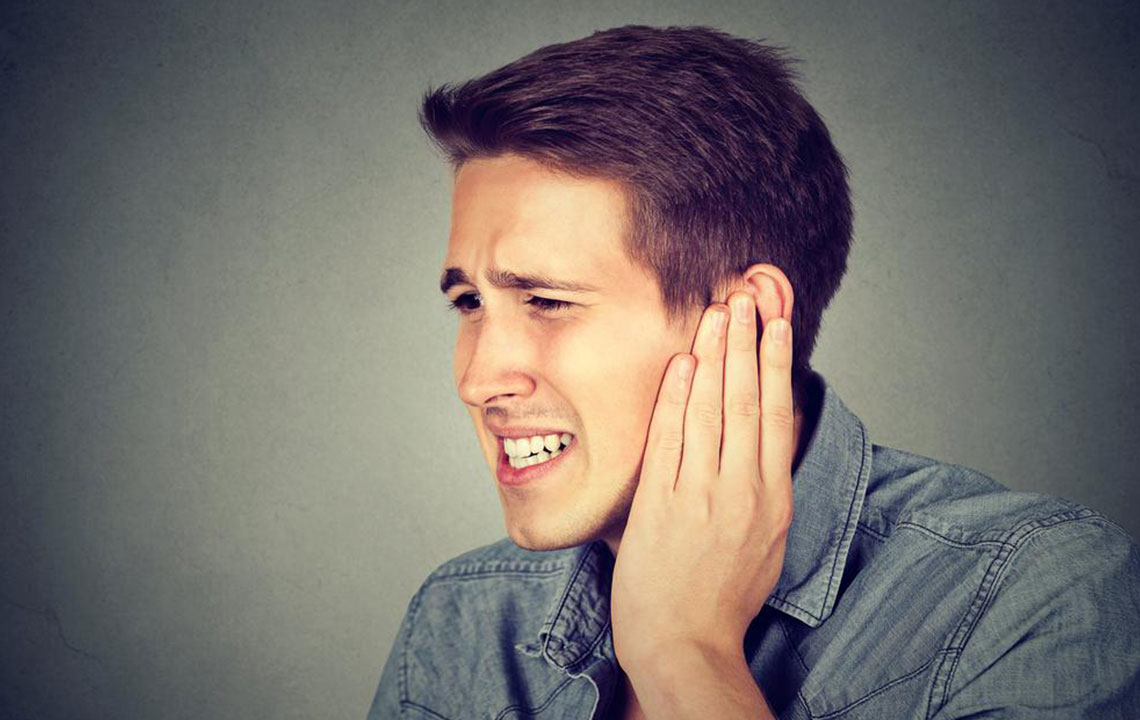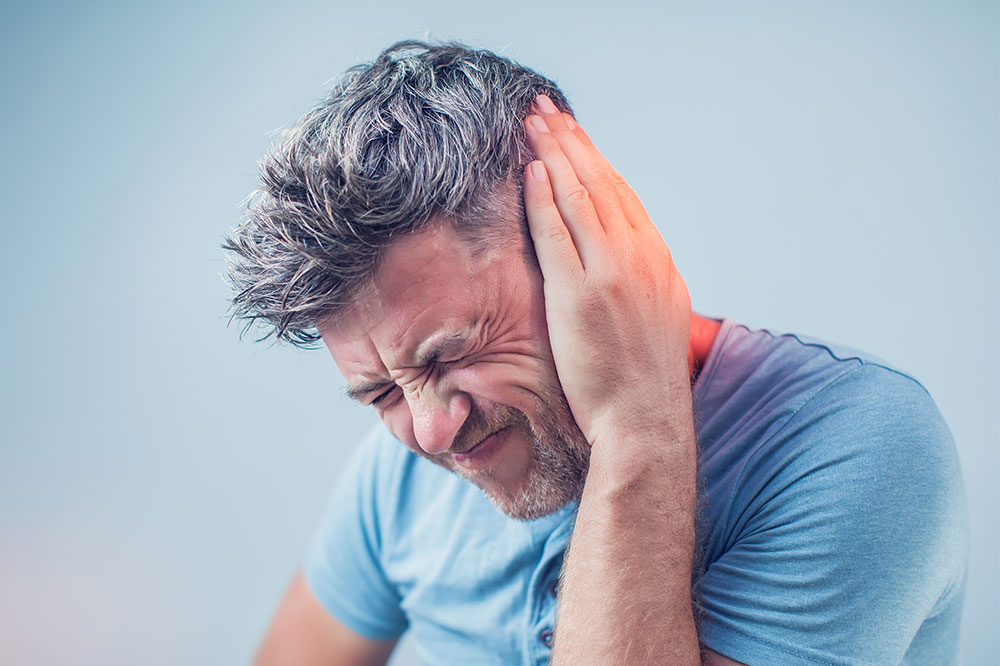Comprehensive Techniques to Effectively Manage Tinnitus Symptoms
This comprehensive guide explores effective, home-based strategies to manage tinnitus, including lifestyle adjustments, sound therapy, stress relief, and protective practices. By adopting these methods, sufferers can significantly reduce symptoms and improve their quality of life through practical and accessible means.

Comprehensive Techniques to Effectively Manage Tinnitus Symptoms
Experiencing constant or intermittent ringing, buzzing, or tinkling sounds in our ears or head can be incredibly disruptive and distressing. This phenomenon, known as tinnitus, manifests as perception of noises that are not caused by external sources. While often thought of as a standalone condition, tinnitus is actually a symptom that results from various underlying issues within the auditory system, including hearing loss, exposure to loud noises, ear infections, or certain medical conditions. Understanding tinnitus is vital for effective management, especially because it affects millions worldwide, significantly impacting quality of life.
Understanding Tinnitus: Causes and Symptoms
Discovering practical strategies to reduce tinnitus symptoms can make a substantial difference. There are various therapeutic options, lifestyle modifications, and environmental adjustments that individuals can adopt. This comprehensive guide emphasizes home-based remedies and daily habits to control and alleviate tinnitus effectively, helping sufferers regain peace and improve overall well-being.
Identifying and Managing Factors That Exacerbate Tinnitus
Monitoring your daily habits plays a crucial role in tinnitus management. For instance, consumption of certain stimulants like caffeine, soda, and energy drinks can intensify the perception of ringing or buzzing sounds. These substances can heighten nerve sensitivity or interfere with sleep, aggravating tinnitus symptoms. Similarly, excessive alcohol intake and high-salt foods can disturb fluid balance and blood flow within the inner ear, potentially worsening the condition. Keeping a detailed journal of your diet, activities, and tinnitus episodes can assist in pinpointing personal triggers and developing effective coping strategies.
Why Quitting Smoking Is Essential for Tinnitus Relief
Smoking significantly compromises ear health by reducing blood circulation to the auditory nerves and inner ear structures. Nicotine constricts blood vessels, leading to decreased oxygen and nutrient supply, which can heighten tinnitus severity. Quitting smoking not only benefits overall health but also can markedly improve ear function, decrease the loudness of perceived noises, and minimize the frequency of tinnitus episodes. Support groups, cessation programs, and behavioral therapies are effective tools for those aiming to quit smoking and enhance their ear health.
Utilizing Soothing Sounds to Dampen Tinnitus Perception
Incorporating background noises like gentle instrumental music, white noise, or nature sounds can mask tinnitus and make it less noticeable. Devices such as sound machines, fans, or even smartphone apps provide a soothing auditory environment, helping individuals concentrate better and relax more deeply. For many, using consistent ambient sounds reduces stress, alleviates anxiety related to tinnitus, and offers a sense of tranquility whenever symptoms peak. Experimenting with different sounds can help identify the most effective for individual comfort.
Relaxation and Stress Reduction Techniques for Tinnitus Management
Stress and anxiety are known triggers that intensify tinnitus symptoms. Therefore, adopting relaxation practices like yoga, deep breathing exercises, meditation, progressive muscle relaxation, or guided hypnosis can effectively calm the nervous system. Regularly taking breaks, practicing mindfulness, and engaging in calming hobbies can help reduce the perception of tinnitus. Managing stress levels is crucial because a relaxed mind perceives less disruptive noise, enabling individuals to better cope with chronic symptoms.
Prioritizing Quality Sleep to Minimize Tinnitus Disruptions
Restorative sleep is essential for reducing tinnitus intensity. Sleep deprivation can heighten auditory sensitivity and make tinnitus more noticeable. Creating a sleep-friendly environment involves blackout curtains, white noise machines, a comfortable bed setup, and maintaining a cool, dark, and quiet room. Avoid stimulants such as caffeine or heavy meals close to bedtime, and establish a consistent sleep schedule. Relaxation routines, warm baths, and avoiding screen time before sleep can improve sleep quality, helping lessen tinnitus perception during resting hours.
Physical Activity and Its Role in Tinnitus Control
Engaging in regular exercise offers multiple benefits for tinnitus sufferers. Exercise improves circulation, reduces stress hormones, promotes better sleep, and boosts overall mood. Activities such as walking, swimming, yoga, or moderate aerobic workouts can help diminish tinnitus severity over time. Additionally, exercise provides an outlet for emotional release and can help manage the anxiety often intertwined with tinnitus, fostering a more positive outlook and resilience against symptoms.
The Power of Support Networks and Sharing Experiences
Connecting with others facing similar challenges provides emotional support, encouragement, and practical coping tips. Support groups or online communities dedicated to tinnitus allow individuals to share their stories, gain reassurance, and learn new strategies for managing their condition. Maintaining a positive mindset, staying informed, and seeking counseling if needed can prevent feelings of isolation, which often exacerbate tinnitus-related stress and anxiety.
Protecting Your Ears from Loud Noises
Exposure to loud environments such as concerts, construction sites, or machinery can worsen tinnitus or induce new damage to the hearing apparatus. Using earplugs or noise-canceling headphones in such settings can protect your hearing. Avoiding prolonged exposure to loud sounds and taking regular breaks from noisy environments are essential preventive measures. Proper ear protection not only preserves hearing health but also helps control the progression of tinnitus symptoms.





